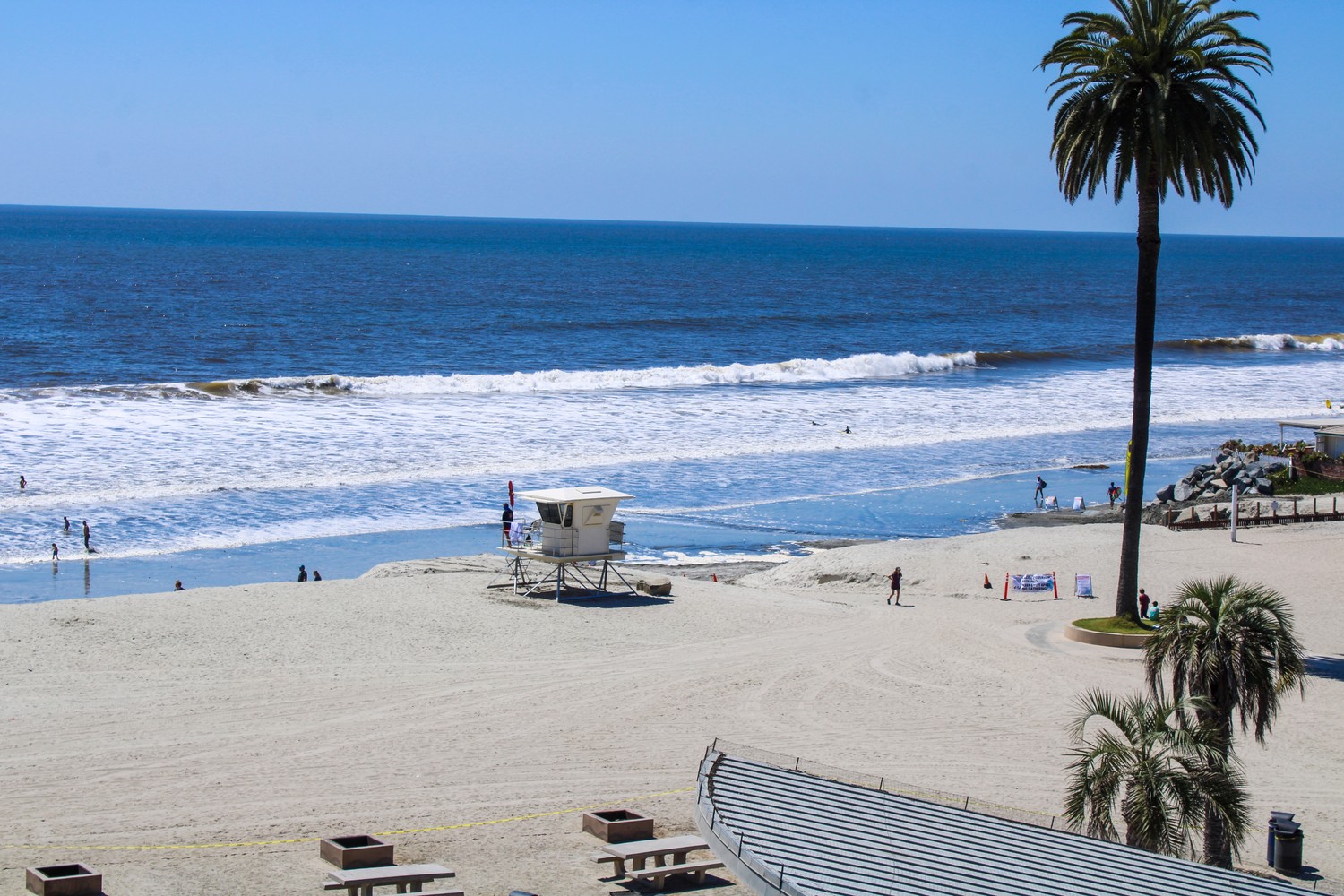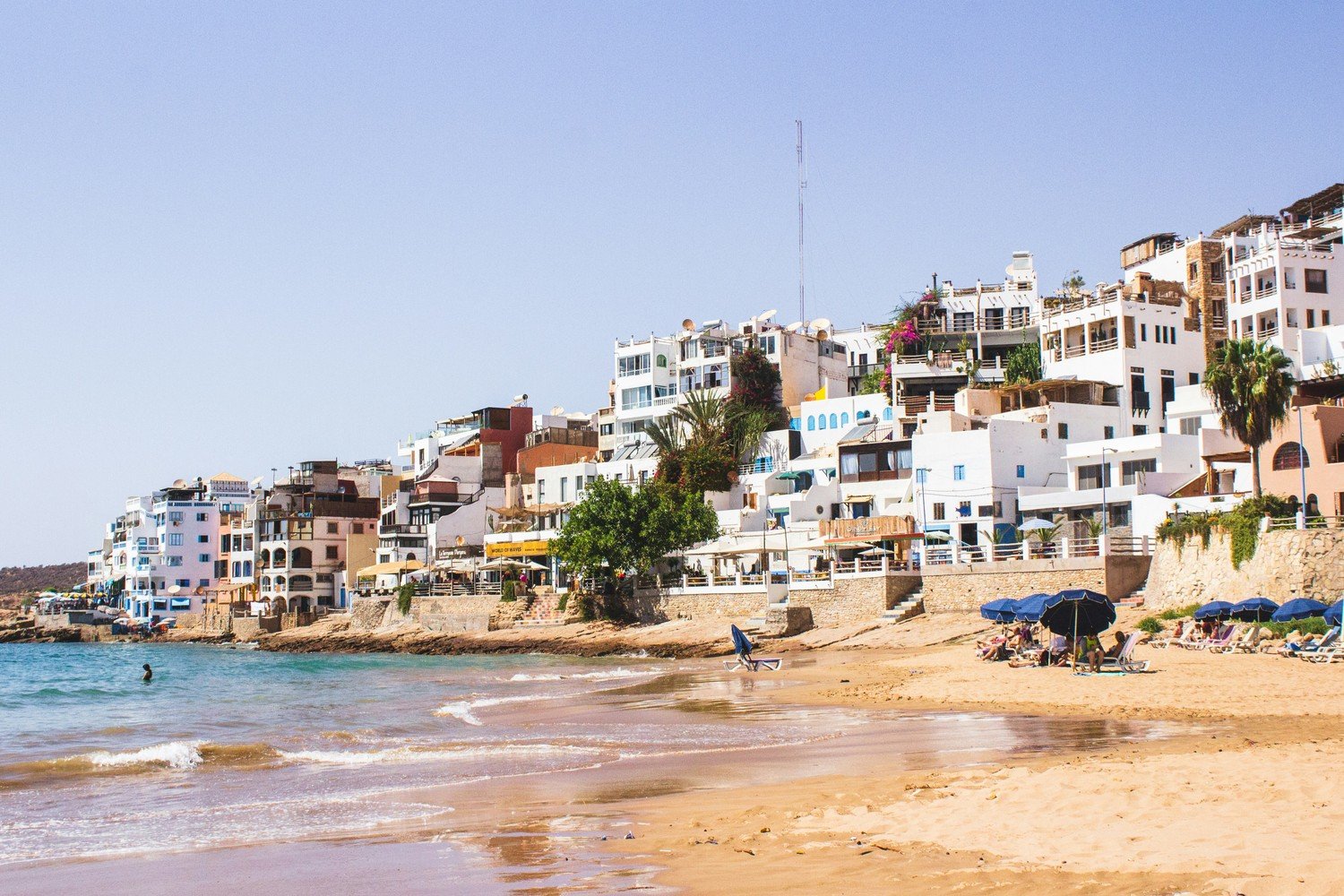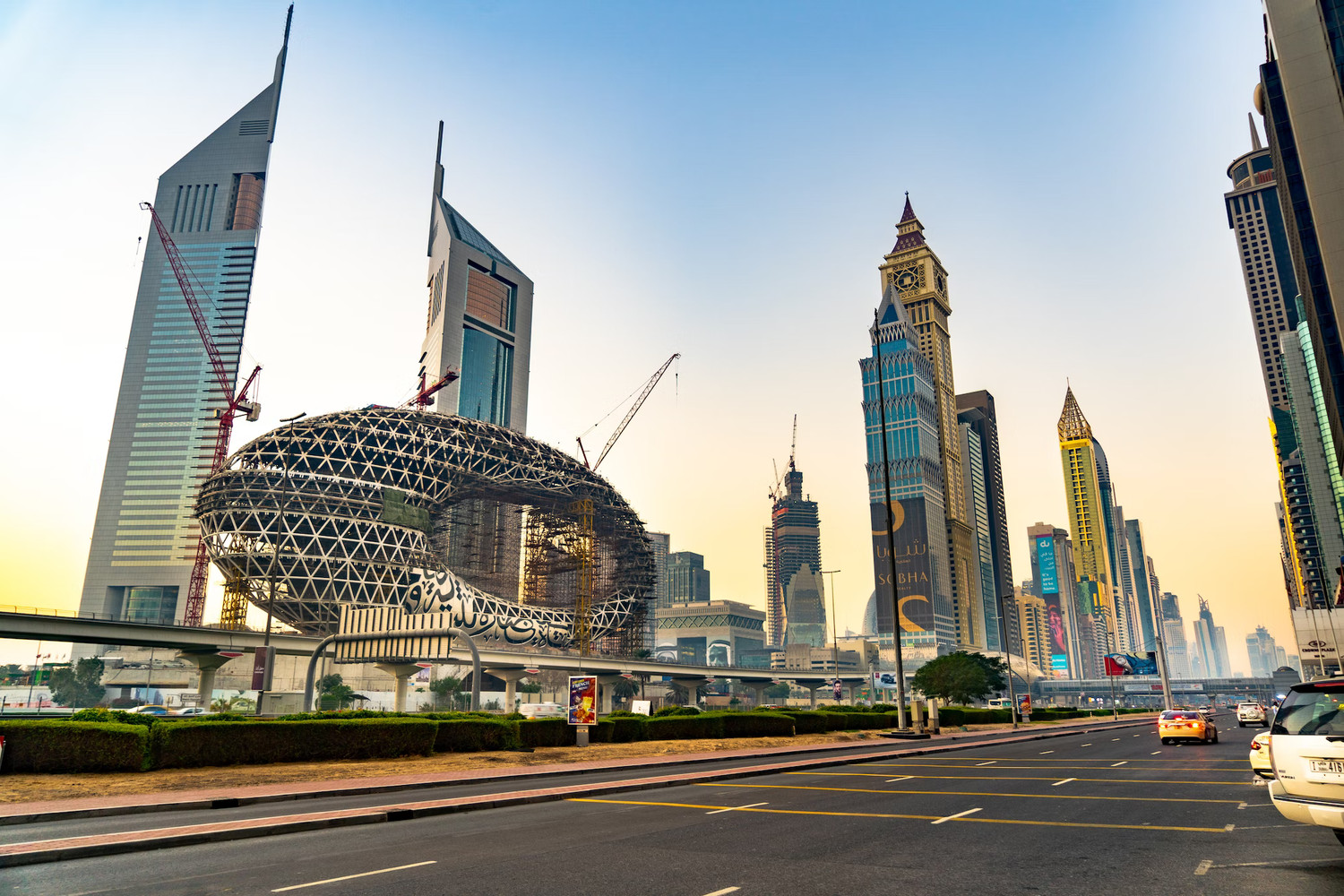
Destination or Hotel
Departure Airports
Travel Dates
Flexible +/-3 days
Nights
Flexible +/-3 days
Guests
Price Match Promise
Flexible +/-3 days
Price Match Promise

Cyprus Travel Guide
By
Ricky Durrance
19 Apr 2022
Thinking of booking a cheap holiday to Cyprus this year? Good choice! Remember though that to get the best holiday experience it is always worth checking the latest travel advice to whichever country you are planning on visiting. So, almost miraculously you could say, we have put together just the ticket for your upcoming holiday to Cyprus!
As rule, always check the latest travel advice on the government website for the very latest information.
Visa requirements
If you hold a full ten year British passport with at least 6 months validity left from your return date to the UK, you can travel to Cyprus for up to 90 days in any 180-day period without a visa. This applies if you travel as a tourist, to visit for family or friends, to attend business meetings, cultural or sports events, or for short-term studies or training.
Please note this applies to holders of a full ten year British Citizen passport. If you hold any other passport, please check with the Cyprus High Commission what the requirements are for your passport.
Customs on arrival
You cannot take meat, milk or products containing them into EU countries. There are some exceptions for medical reasons, for example certain amounts of powdered infant milk, infant food, or pet food required for medical reasons. Further details are available here.
Currency and tipping
The currency in Cyprus is the Euro. Exchange rates change on a daily basis but there is generally €1.20 to the pound.
Tipping is a way of life in Cyprus and is us usual to tip in bars, restaurants and cafes in the same way that you would in the UK. Anyone who offers you a service will appreciate some form of gratuity.
Religion, Local Laws and Customs
Christians make up 78% of the total Cypriot population. Christianity includes the Greek Orthodox Church of Cyprus, the Russian Orthodox Church, and the Armenian Church in Cyprus, Maronite, Roman Catholicism, and Protestants. Most Greek Cypriots are members of the Greek Orthodox Church of Cyprus. Islam makes up 18% of the population, with the majority of Turkish Cypriots being Muslims. There are also small Hinduism, Buddhism, Judaism and other religious communities in Cyprus. Dress codes in churches, monasteries and mosques are strictly enforced – long trousers and no bare chests for men, covered legs and shoulders for women (and also in mosques, covered heads for women and shoes off for all).
Cyprus has a strictly enforced zero tolerance policy towards drugs. If you are caught with any type of narcotic you will receive either a prison sentence or a hefty fine. The rules against possession of drugs are stricter than in the UK.
Although not generally as widely accepted as in the UK, homosexuality is legal in the Republic of Cyprus and legislation passed in 2016 now allows for civil partnerships to be carried out. Gay clubs do exist in large towns such as Nicosia, Larnaca, Ayia Napa, Limassol and Paphos.
Cypriot society revolves around family life and it is still common for families to eat together, either at home or in a restaurant. It is quite common, at the beach or at picnic areas, to see extended families come out of several cars, including the elderly, teenagers and children, who proceed to set up chairs and umbrellas, play music on portable sound systems, and settle in for the day. Portable barbecues can even be seen on such occasions. It is also quite usual for Cypriots to invite strangers to their homes for a drink usually accompanied by a little something to eat or even for a full meal. This hospitality and genuine interest in others can seem intrusive as questions will usually be asked about your family, your relationships, your profession and even the details of your income. Cypriots are lively conversationalists and what may, to an outsider, sound like a furious argument is usually a perfectly amicable conversation.
Photography
With the Troodos mountain range offering fantastic cedar and pine forests and waterfall landscapes and the beaches on the west coast offering amazing sunsets, Cyprus will not disappoint any photographer.
Avoid taking photographs near potentially sensitive areas like military establishments.
Cuisine
Eating in Cyprus is a serious pastime and many culinary delights await you. Halloumi probably needs no introduction, having become a favourite for chefs around the world and appearing in dishes in trendy restaurants and even in fast food chains. This is Cyprus’s most famous cheese and can be eaten fresh, grilled or fried. It should be tried fresh alongside a mouth-watering piece of watermelon when on cheap Cyprus holidays. Of course Cyprus has many other familiar dishes to offer such as pork and lamb kebabs served with salad in pitta bread, with newly found alternatives for vegetarians with halloumi and mushrooms replacing the meat, Kleftico (slow cooked lamb) Stifado (usually beef or chicken stewed with a lot on onions) and of course moussaka but we suggest trying some of the dishes that you may never have come across that are delicious.
Kolokasi (Taro) is a root vegetable that grows in Cyprus and is eaten across the island especially during the winter months. Cut into small chunks it is cooked in a tomato sauce with onion, celery and herbs with chicken or pork. It is also cooked without the meat for a vegetarian and vegan version.
Souvla is large chunks of meat (usually neck and shoulder of pork or lamb or chicken or all three) slow cooked on a large skewer over a charcoal barbeque referred to as a foukou. It takes a good hour or two for the meat to cook so it’s very usual to gather around a foukou and drink beer and snack while you wait. In Cyprus, Souvla is probably the king of meat dishes and it is traditionally eaten by Cypriots on Easter Sunday (and obviously on many other days) accompanied by a range of other dishes.
And of course Cyprus holidays would not be complete without a Meze. Meze or Mezedes is a selection of many different dishes that you should definitely try out. Meat, Fish and Vegetarian version are all widely served in most restaurants.
Day to day costs
Most of your meals will be included with your hotel accommodation but if you are out and about sightseeing or you haven’t booked full board, here is a snapshot of what the costs for meals out and refreshments look like in Cyprus.
Meal for 2 in a cheap restaurant €20 – €40
Meal for 2 in a mid-range restaurant €50 - €80
Local Beer (0.5 litre) €3 - €5
Imported Beer (0.5 litre) €4- €6
Craft Beer (0.5 litre) €8 and upwards
Local bottle of wine €15 - €25
Cup of coffee €3 - €5
Soft drinks €3 - €5
Water (0.5 litre) €1 - €2
Have you ever been on a Cyprus beach holiday? Let us now any hints and tips below in the comments section!
40,000+ verified
customer reviews
Loading reviews...
Expert AdviceWhere to go & when

Millions of
happy customers

Over 30 years
travel experience

Triple Lock Protection
ATOL, TTA, Secure Trust


Low Deposit
from £49pp

24x7 in-resort
Support

ATOL & TTA
Protected

Pay monthly
Spread the cost
We want all our customers to stay safe when abroad. For the latest travel advice from the Foreign, Commonwealth & Development Office click here. Further advice can be found on the Travel Aware page here. Please note the advice can change so check regularly for updates and before you travel.
teletextholidays.co.uk acts as an agent in respect of all bookings made by telephone. For all bookings, your contract will be with the applicable Service Provider of your chosen Travel Service (who may be the principal or the agent of the principal) and Teletext acts only as an agent on their behalf. Your holiday will be financially protected by the ATOL scheme and you will receive an ATOL certificate once your booking has been confirmed. Please see our booking conditions for information, or for more information about financial protection and the ATOL Certificate go to:www.caa.co.uk/atol-protection
*We are able to offer a price match if suppliers are the same.
Teletext Travel Ltd, company number 14855829. Address: 71-75 Shelton Street, Covent Garden, London, United Kingdom, WC2H 9JQ.
Copyright 2025 teletextholidays.co.uk | All rights reserved.






